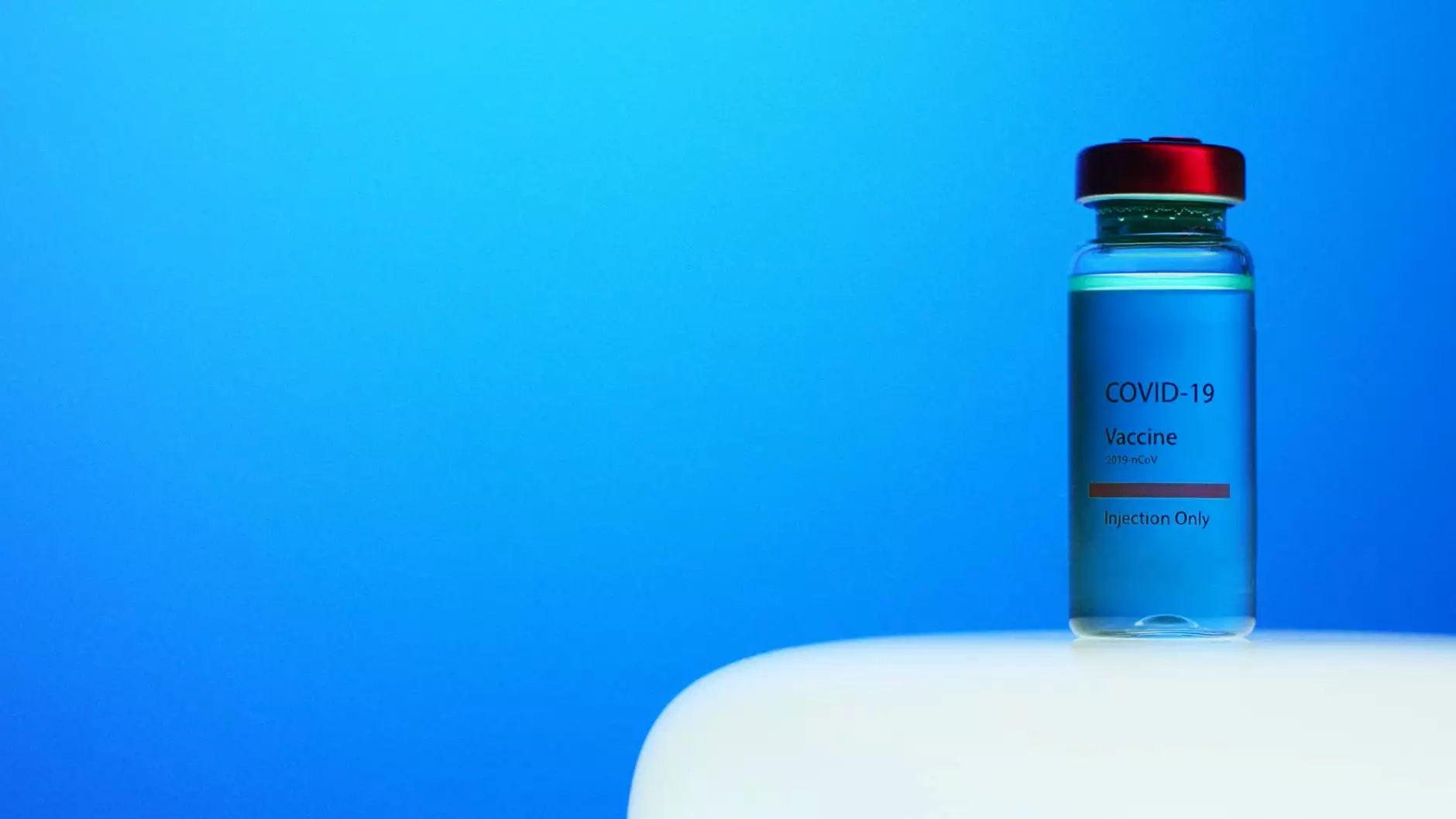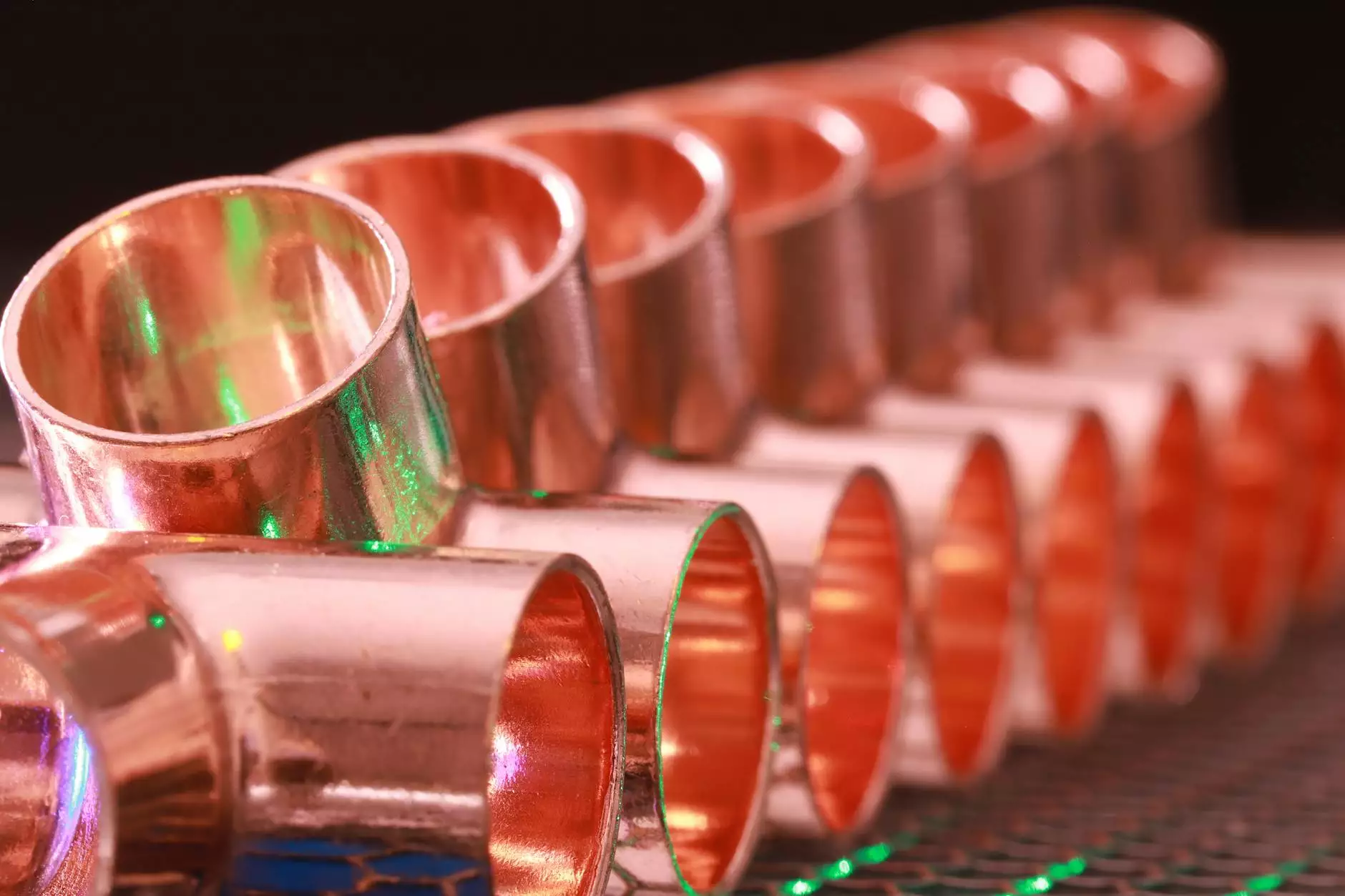Can Low Testosterone Cause Depression? Understanding the Connection

Testosterone is more than just a hormone responsible for physical attributes; it plays a crucial role in mental health, mood regulation, and overall well-being. In recent years, scientific investigations have increasingly focused on the connection between low testosterone levels and mood disorders, particularly depression. This article meticulously dissects how insufficient testosterone may lead to depressive symptoms, providing a thorough understanding of the implications for health and wellness.
The Role of Testosterone in the Body
Testosterone is predominantly known as the male sex hormone, but it is essential for both men and women. Its primary functions include:
- Development of male reproductive tissues including the testes and prostate.
- Promoting secondary sexual characteristics such as increased muscle and bone mass.
- Influencing libido and sexual function.
- Affecting mood, energy levels, and general sense of well-being.
Imbalances in testosterone levels can lead to various physical and psychological symptoms. For many, particularly men over the age of 30, testosterone levels naturally decline, which can trigger a host of health issues.
Understanding Low Testosterone
Low testosterone, or hypogonadism, occurs when the body fails to produce sufficient amounts of testosterone. This condition can result from various factors, including:
- Aging: Testosterone levels naturally decrease as men age.
- Chronic illnesses such as diabetes, obesity, and kidney disease.
- Hormonal disorders related to the pituitary or hypothalamus glands.
- Medications like opioids that can affect hormone levels.
Understanding the symptoms of low testosterone is essential for early detection and treatment. Common symptoms include fatigue, decreased muscle mass, increased body fat, and notably, mood changes.
Link Between Low Testosterone and Depression
Numerous studies suggest a correlation between low testosterone levels and depression. Individuals with low testosterone often experience a variety of mood disturbances, including irritability, sadness, and anxiety. Some of the key findings include:
- Prevalence of Depression in Hypogonadal Men: Research indicates that men with low testosterone are significantly more likely to report symptoms of depression compared to those with normal levels.
- Testosterone Replacement Therapy (TRT): Clinical studies have shown that men receiving TRT often experience improvements in mood and reductions in depressive symptoms.
- Neurobiological Impact: Testosterone acts on various brain regions related to mood and emotion, suggesting that low levels may influence mood disorders.
How Can Low Testosterone Cause Depression?
The exact mechanism of how low testosterone contributes to depression is complex but involves several interrelated factors:
- Brain Chemistry: Testosterone influences the production of neurotransmitters such as serotonin and dopamine, which are pivotal in regulating mood. A deficiency could lead to imbalances that trigger depression.
- Inflammatory Response: Low testosterone is associated with increased levels of inflammation, which can negatively affect mood and has been linked to depression.
- Energy Levels and Fatigue: Men suffering from low testosterone often experience significant fatigue and low energy, which can exacerbate feelings of hopelessness and sadness frequently linked with depression.
Recognizing Symptoms of Depression Related to Low Testosterone
Identifying the signs of depression when related to low testosterone is vital for timely intervention. Symptoms may include:
- Persistent feelings of sadness or low mood.
- Loss of interest in previously enjoyed activities.
- Changes in appetite and weight.
- Difficulty concentrating or making decisions.
- Fatigue or decreased energy.
- Feelings of worthlessness or excessive guilt.
Diagnosis of Low Testosterone and Depression
To determine whether low testosterone is contributing to depressive symptoms, a comprehensive evaluation is necessary. This typically involves:
- Medical History Review: Discussing symptoms, lifestyle, and underlying health conditions with a healthcare provider.
- Physical Examination: Assessing physical signs of low testosterone, such as changes in body composition or energy levels.
- Blood Tests: Measuring testosterone levels in the bloodstream, ideally taking multiple readings to confirm consistent low levels.
- Mental Health Assessment: Evaluating mood and mental health through standardized questionnaires and discussions.
Treatment Options for Low Testosterone and Associated Depression
Treating low testosterone effectively may lead to improvements in overall mood and well-being. Options include:
1. Testosterone Replacement Therapy (TRT)
TRT aims to restore testosterone levels to a normal range through methods such as:
- Injections
- Patches
- Gels
Many patients report a significant improvement in mood, energy, and quality of life following TRT.
2. Lifestyle Changes
Certain lifestyle modifications can also help manage low testosterone and its depression-related symptoms:
- Regular Exercise: Engaging in physical activity has numerous benefits, including boosting testosterone levels and improving overall mood.
- Healthy Diet: Eating a balanced diet rich in nutrients can support hormone production.
- Sleep Hygiene: Prioritizing quality sleep is vital for maintaining hormone levels and reducing depressive symptoms.
- Stress Management: Techniques such as meditation, yoga, or therapy can help manage stress and improve mood.
3. Psychological Support
Coupling physical treatments with psychological support can yield the best results. Options include:
- Cognitive Behavioral Therapy (CBT): This therapy focuses on changing negative thought patterns and behaviors associated with depression.
- Support Groups: Sharing experiences with others facing similar issues can reduce feelings of isolation and provide emotional support.
- Medication: Sometimes, antidepressants may be prescribed to help manage the symptoms of depression, especially when therapy alone is not sufficient.
Conclusion
In conclusion, the connection between low testosterone and depression is significant and multifaceted. Understanding that low testosterone can cause depression is essential for many individuals suffering from unexplained mood symptoms. By recognizing symptoms, seeking appropriate medical advice, and considering treatments such as testosterone replacement therapy alongside lifestyle changes and psychological support, it is possible to reclaim a sense of well-being.
As scientific research continues to evolve, so too does our understanding of how hormones impact mental health. Those experiencing symptoms of low testosterone and depression should not hesitate to consult healthcare professionals for a comprehensive evaluation and personalized treatment approach.









